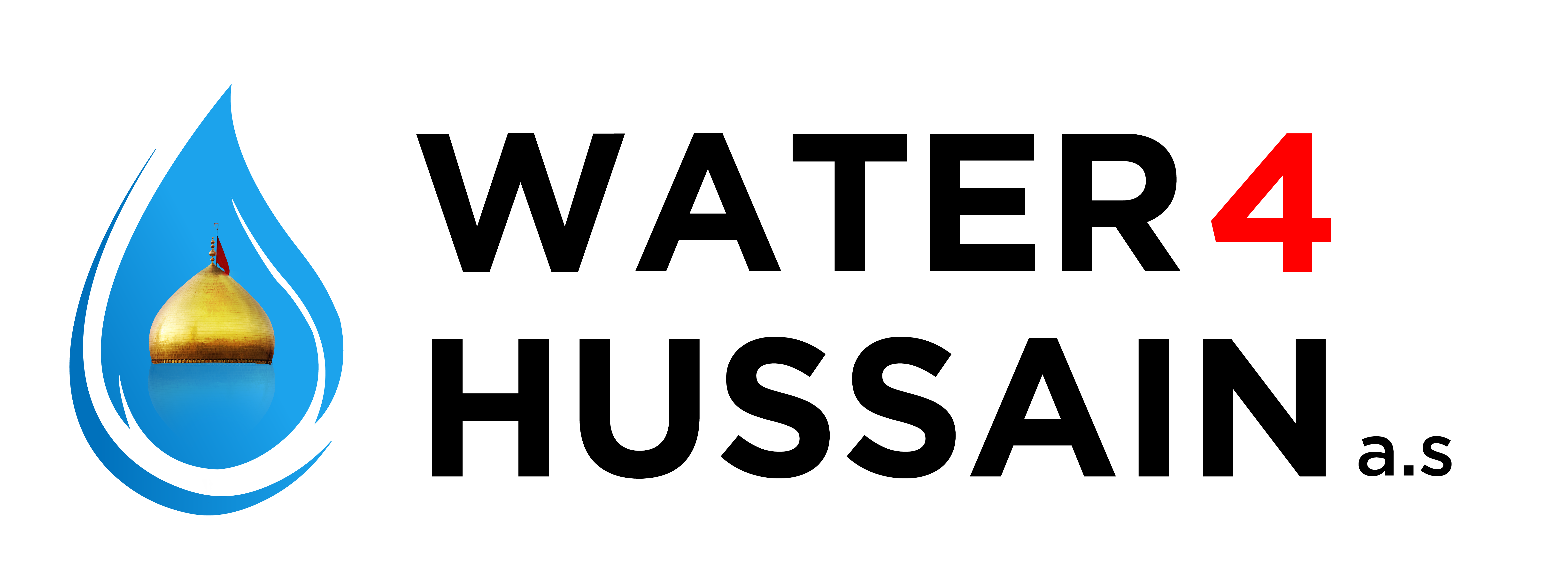
Other Books
Excerpts from the Introduction to “Sunshine at Midnight (The Karbala’ Epic)”, a rhymed version of the story of Karbala’ in English, by the late S.A. Mahdi, 1985.
*****
It is in the very nature of great reformers that they belong to everybody, everywhere. Husayn’s noble deed is so relevant to the entire human race that I am sure there is a far bigger audience waiting for him somewhere than the one he already has. All that is required is to draw people’s attention.
Contemporary society, irrespective of race and religion, would do well to have a closer look at the Hero of Karbala’ as his message transcends the barriers of caste creed, race and religion. Advocates of human rights, sociologists, reformers, theologians, all included, will find “delightful wisdom, sweet instructions, and a meaning suited to their mind”, in his story. His message is certainly not an exclusive preserve of any particular group. It embraces the entire human race.
It was not a power struggle. Husayn persistently and explicitly expounded, “ What matters to me is to “correct not conquer” – An affirmation that he would die in the firm belief that a despot’s idiosyncrasies could never be an effective instrument of religious policies.
Yazid became too big for his boots and assumed the characteristics of a despot who, almost as a condition of his position, made boastful and frivolous claims that he alone could lead the nation [ummah].
Husayn was, however, committed to redeeming Islam and maintaining the faith intact.
He hoped that matters would improve and kept a low profile to preserve amity. He had a clear choice: stand aside and let Yazid act according to his whims; (and thus join in and implicitly justify his abominable escapades) or counter his devious bluster. Husayn had to decide: to take the situation in its stride as a price worth paying for the “status quo”; or view it as an ominous foretaste of the consequences of the extensive damage done by the far-reaching anti-Islamic activities of Yazid, the mammon of unrighteousness, whose lust for power prompted him to beat the nation into the mould he favoured. He and his profane crew conspired to scuttle the ship of Islam by worse than heinous deeds, violating the aims for which Islam was born.
Husayn had no desire to live under such a corrupt Caliph. He wanted to act as quietly and as “spontaneously” as possible so as to limit the possibilities of an open clash with the Calip. But Yazid bargained hard. Husayn could not take his effervescent nonsense perpetually and did what was right.
If the moral standards of human behaviour were as high as they were in the person of Husayn the world would be a better place to live in, is the obvious inference. His incredible cool and superhuman moral courage to achieve his mission stirs our deepest emotions. His exemplary conduct, throughout, and adorable conscience tore Yazid’s monstrous designs to shreds.
The virtuous people will continue to do their duty to maintain righteousness in this world and in this they are entitled to universal recognition and support. Husayn’s acceptance of persecution in the cause of humanity was most convincing and moving proof of God’s immanence in men. He was a man par excellence who maintained the highest standards set by the martyrs and heroes of all ages.
With a courage that was more than human he managed to leave a message for the entire world, “Do not submit to exploitation, of any kind; maintain a tenacious grip on veracity; better die with honour than live in shame”. He surely deserves universal recognition. “He is an immortal heir of universal praise”.
More than Fourteen hundred years have passed but the memory of that adorable hero, who resolutely faced the soul-searching trials and tribulations, has not diminished. On the contrary, it has grown in intensity. Imbued with exemplary fortitude, moral fibre and aplomb, Husayn has emerged as the most revered and meritorious martyr the world has produced, who established the highest standards of excellence of which humanity prides itself.

